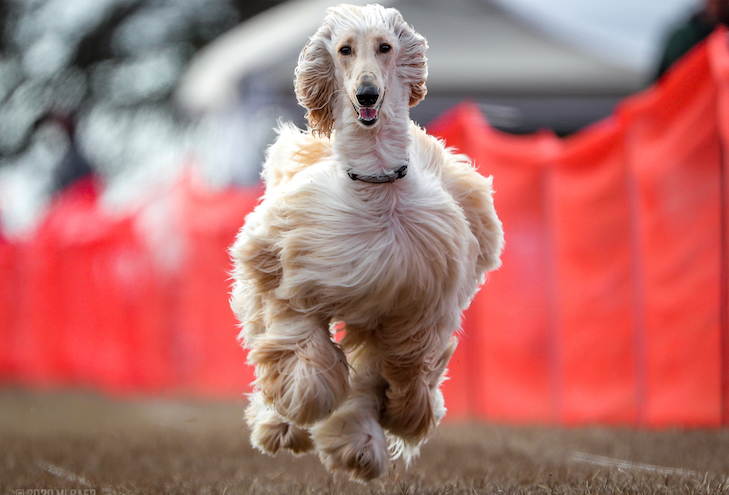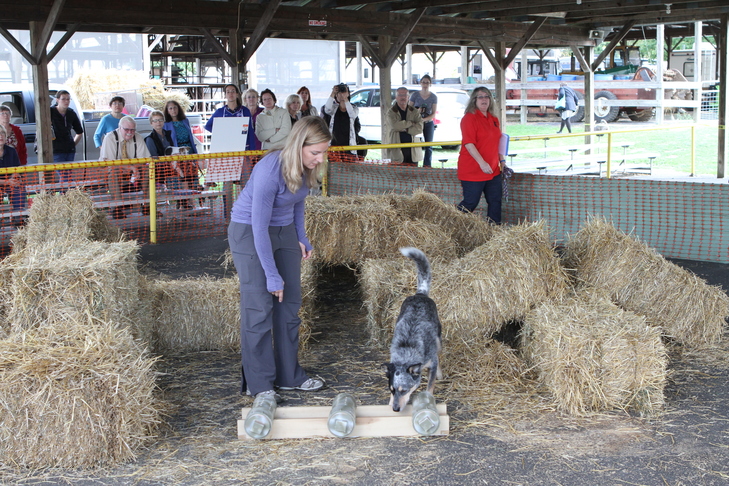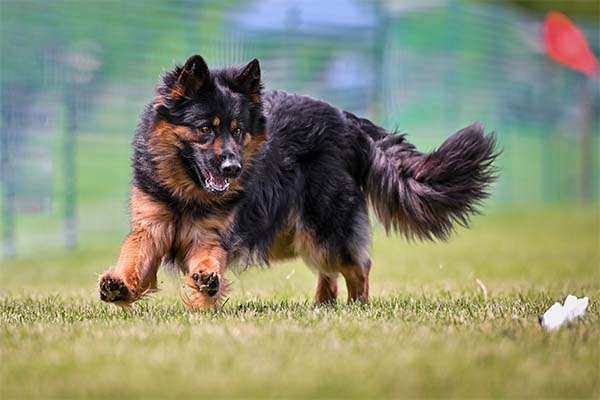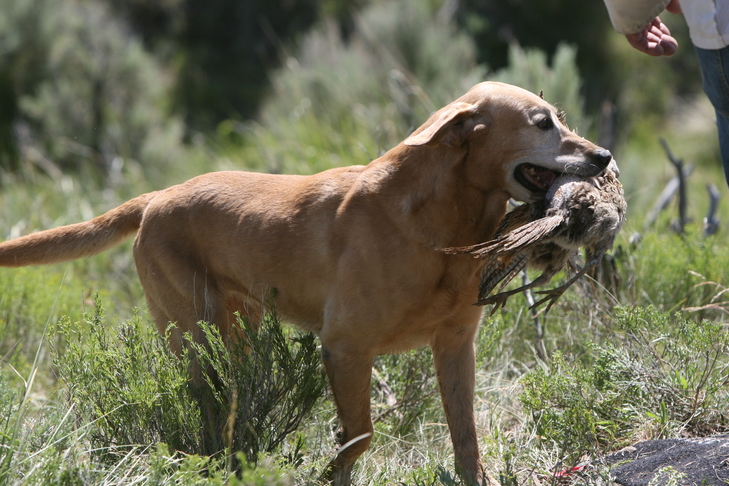- lure coursing
- AKC Rally
- scent work
- obedience
- herding
- tracking
- earthdog
- barn hunt
- agility
- conformation
- fast cat
It’s one of the best ways to deeply bond with your dog. It’s great exercise. And it just might be one of the most personally rewarding endeavors of your life.
It’s the world of canine sports and events, and many events are open for all dogs to enjoy, including mixed-breed dogs.
Something special happens between owners and their dogs when they train for an event. As you and your dog develop the skills necessary for each sport – and then demonstrate what you’ve learned – you experience a sense of accomplishment like no other. With your dog beside you at each turn, you become a true team in every sense of the word.
Participating in canine sports is often not just about winning ribbons or trophies, either (although a healthy competitive spirit doesn’t hurt). Most dog owners say it’s the many personal rewards that keep them coming back event after event. And, we often hear that the friendships with other dog owners that are developed at these events are as important as the events themselves.
There are plenty of opportunities to get involved in sports and events, as more than . Whether you just train for fun or actually compete, we guarantee that you’ll feel a sense of pride at seeing your dog in their “happy” place, showing off new skills and accomplishing incredible goals — together.
-
Important Terms to Know
+
Before you get too far, it’s important to understand a few key terms that often confuse newcomers but are commonly used in canine sports and events:
- Trial means “competition”
- Conformation is the official word for “dog shows”
- If you get really into canine sports, you might call yourself a “fancier”
- Competitors are called “exhibitors”
-
How to Begin
+
If you haven’t seen a canine sporting event in person, or several, to familiarize yourself with what happens in the ring, and to experience the energy and camaraderie.
Then get involved with . Not only do they offer invaluable resources and training classes, you’ll meet new people with similar interests who are more than willing to share their knowledge and lend a hand.
Handlers of almost any age can get involved with canine sports and events. Children aged between 5 and 9 years old can get started working with dogs through Pee Wee Special Attraction. If you’re aged between 9 and under 18 years, you can participate in Junior Showmanship, learning how to handle and care for different breeds of dogs in competition.
-
Find the Right Sport
+
There are many canine sports to choose from, and many people participate in more than one. But when you’re just starting out, it can be hard to decide which one to try first. Start by assessing your dog’s appearance, health, and temperament:
- Think your dog is a perfect example of their breed? Try showing your purebred dog in Conformation.
- Is your dog highly energetic? Do they enjoy running and responding to instructions? If so, Agility could be a great fit.
- Has your dog mastered basic commands such as sit, stay, and heel? Do they seem eager to learn more? Try Obedience.
- Is your dog a scent sleuth? Can they find their food or toys by smell alone? Try AKC Scent Work.
- Does your dog like doing obedience work in a low-stress environment? Have you never competed before? AKC Rally is a great place to start.
- Does your dog have an instinct to chase? Are they speedy? Try running the Coursing Ability Test or Fast CAT.
- Will your dog follow a scent no matter where it may lead? Do they work well independently? Try Tracking.
- Think your dog has a natural instinct for livestock? Herding is a sport for purebred dogs bred to herd, and the Farm Dog Certified Test is for all dogs.
- Do you have a small Terrier or Dachshund? Have the vermin in your yard met their match? Earthdog tests might be for you. Barn Hunt taps into these instincts and is for all dogs.
- Is your dog a sighthound? Lure Coursing may be just their speed.
- Is your dog a Pointing Breed, Spaniel, Retriever, or Hound? Explore the rich tradition of Field Events.
- If you have a Coonhound, you know it. Does your dog run whenever given the chance? Are they an explorer? Do they have high bursts of energy, and then crash? Find a Coonhound event near you.
Need more help finding the right sport for you and your dog? Take this quiz.
-
What You Need to Compete
+
Generally speaking, to compete in an AKC sport or event, your dog must have an AKC number. Whether your dog is an AKC-recognized breed, mixed breed, or a breed not yet recognized, there is a path to acquiring an AKC number so that you and your dog can compete in sports. Choose one of the following:
- AKC Registration Number – This number is provided to a dog owner via a registration certificate received from the previous owner, or via a puppy registration paper given to the new owner by the breeder.
- Purebred Alternative Listing (PAL) – If a dog is purebred but an AKC registration number is not possible, owners can apply for a PAL number.
- ������Ƶ Canine Partners Number – This number is given to either mixed breed dogs or a purebred.
- Foundation Stock Service® (FSS) Number – This number is used for breeds whose status is currently in the foundational stage of being recorded into our registry and requires a copy of the dog’s pedigree.
In addition:
- Your dog must be physically sound and up-to-date on all inoculations and health check-ups.
- Spayed females and neutered males are eligible to participate (except in Conformation and select Performance events).
- Females may not be allowed to participate while in season, depending on the sport.
However, each sport has its own rules and regulations, so be sure to familiarize yourself before you get started.
- Get Started +













